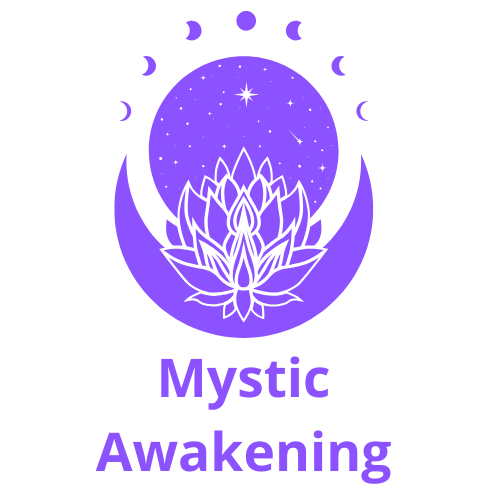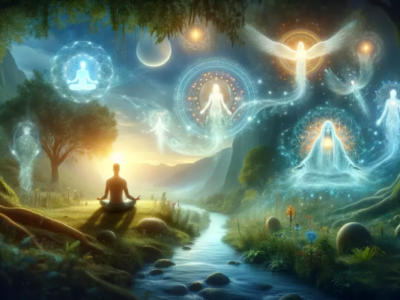
Ultimate Guide to Ecological Spirituality: Embrace Nature
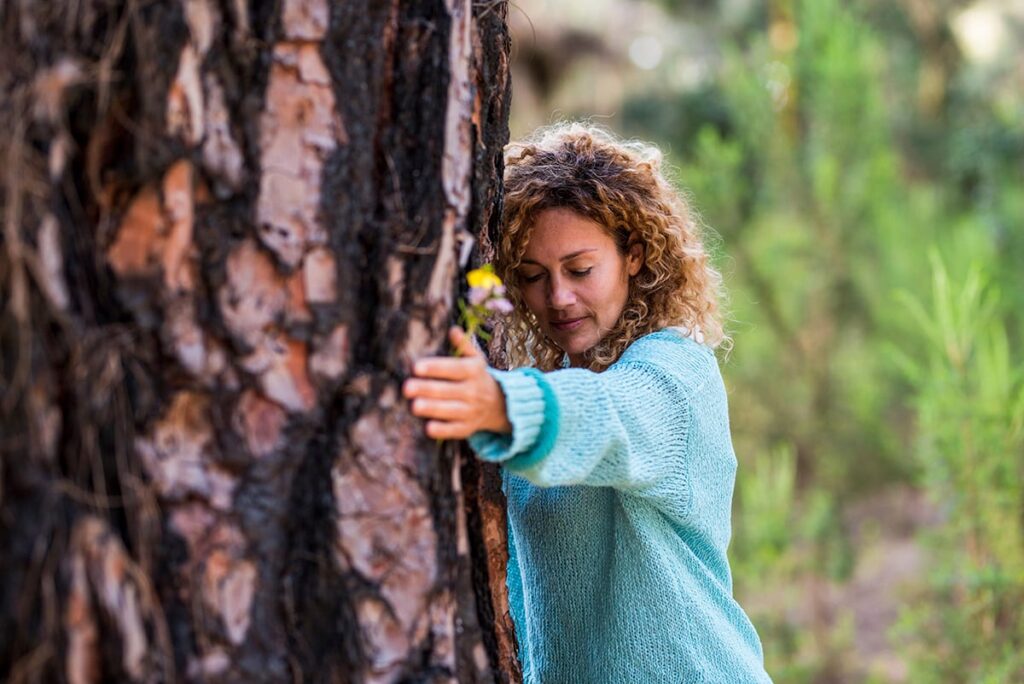
In a world dominated by fast-paced technology and constant connectivity, we can easily lose sight of the deep bond between our inner selves and nature. Many of us long for a way to blend spirituality with environmental care, rediscovering our purpose and reconnecting with the natural world. This guide explores the vibrant realm of ecological spirituality, offering insights, practical tips, and inspirational advice to help you tap into the Earth’s energy and awaken your inner mystic. By looking into ancient traditions and modern movements, we show how embracing nature as part of your identity can lead to a more fulfilling, balanced, and sustainable lifestyle.
The Essence of Ecological Spirituality
Ecological spirituality is a multifaceted concept that marries environmental awareness with spiritual insight. It reminds us that nature is not just a resource to be used, but a living, breathing entity that fuels our creativity, energy, and life force. At its core, this philosophy asks us to view our bond with nature as sacred. This connection supports inner growth and environmental stewardship, reminding us that every part of the Earth—from a tiny pebble to a majestic mountain—plays a vital role in our collective spirit.
Inspired by ancient traditions and mystic teachings, ecological spirituality encourages us to recognize the hidden energies embedded in our surroundings. As more people discover that personal fulfillment and a healthy planet depend on nurturing the bond between the inner self and the environment, ecological spirituality becomes a powerful counterpoint to modern industrial life. It offers a refreshing perspective—one that encourages living in tune with nature's cycles and rhythms.
A key element of ecological spirituality is the emphasis on renewal through nature. It calls on us to slow down, observe our surroundings, and appreciate the everyday miracles in our environment. Whether it’s the steady rhythm of ocean waves or the gentle light of dawn over a quiet forest, these moments are not just beautiful backdrops but powerful encounters that revive our deep connection with the Earth.
Historical and Cultural Perspectives
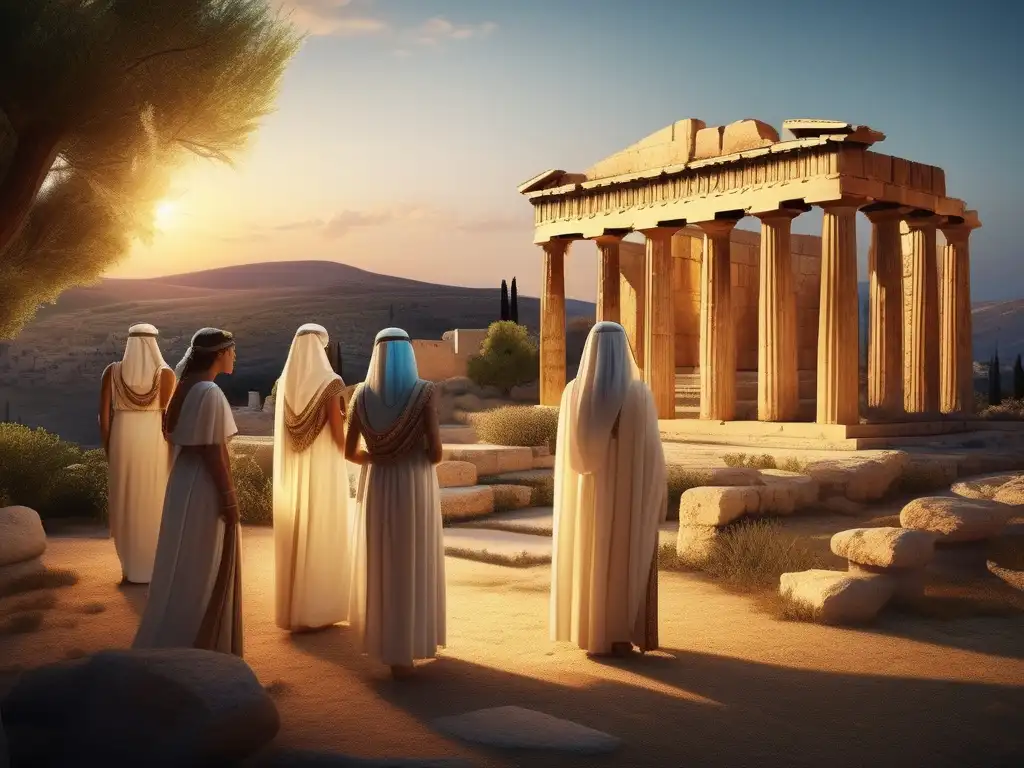
Throughout history, many cultures have celebrated the deep bond between humans and nature that goes far beyond mere resource use. Indigenous peoples, ancient Greek philosophers, and Eastern spiritual traditions all recognized that the sacred and natural worlds are intertwined. These traditions remind us that ecological spirituality is deeply rooted in our past and reflects nature’s profound influence on human culture.
Native American wisdom, for example, teaches the importance of balance and respect for all living things. Their rituals and myths honor the Earth as a nurturing force, with ceremonies dedicated to land, water, and all forms of life. Likewise, Eastern philosophies like Taoism and Buddhism see nature as the greatest teacher—an ever-present mirror for inner transformation. Many ancient texts illustrate the natural world as a dynamic interplay of energies, where every element offers lessons in resilience, adaptability, and harmony.
Lately, interest in these age-old practices has resurged as modern society grapples with challenges like climate change and environmental degradation. Scholars and environmentalists increasingly value this ancient wisdom, recognizing that integrating these insights into our daily lives can promote sustainable practices. For further reading, resources like the National Geographic and Smithsonian Magazine offer comprehensive looks at historical ecological practices.
Practical Practices and Rituals
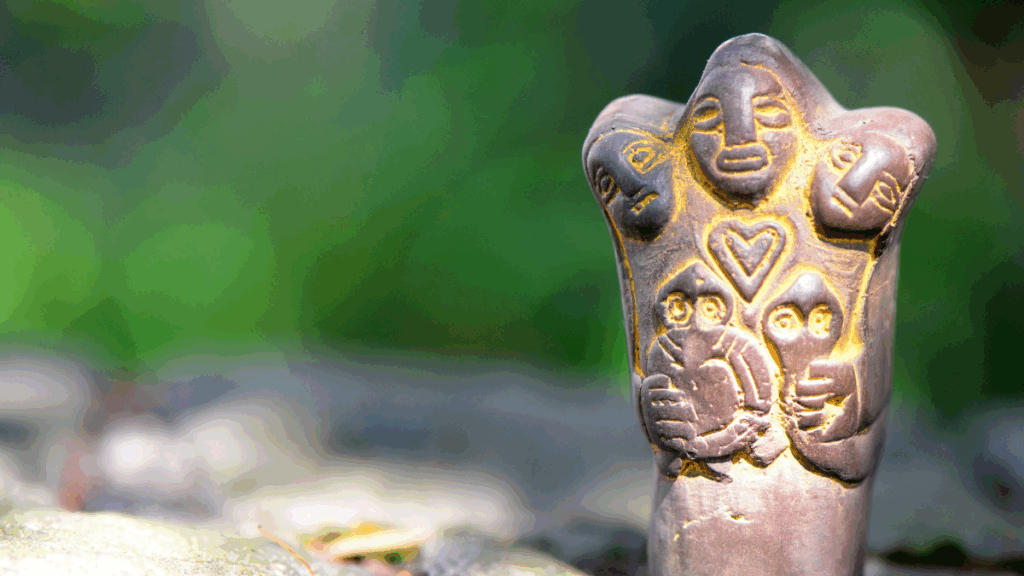
Embracing ecological spirituality in your daily routine means incorporating practical practices and rituals. These rituals serve as anchors, keeping us grounded in the present moment and deepening our connection with nature. Many enthusiasts start their day with outdoor meditation, soaking up the rising sun and the gentle sounds of birds—a natural affirmation of life’s cycle.
Forest bathing, another popular practice, involves immersing yourself in nature and engaging all your senses to absorb the healing presence of the woods. Numerous studies have shown that spending time in natural settings lowers stress, improves mood, and boosts overall well-being. Whether it’s yoga, mindful walking, or journaling in a natural environment, these activities not only foster physical health but also enrich your spiritual life, making each encounter with nature a mindful and transformative experience.
Many eco-spiritual communities also organize seasonal ceremonies to mark nature’s transitions. Celebrations such as the Winter Solstice or the Spring Equinox honor the Earth’s rhythmic cycles through meditation, chants, and ritualistic offerings. These events remind us that life is a continuous dance of energies. Participating in such rituals helps you reconnect with your inner mystic and contributes positively to the environment.
Integrating Holistic Connections into Daily Life
Living with holistic and mystical values means weaving ecological spirituality into your everyday experiences. It begins with simple, deliberate choices—reducing waste, supporting sustainable practices, and forming a personal bond with nature. Even a short walk in the park or a few minutes spent in your garden can help align your inner rhythm with nature’s pulse.
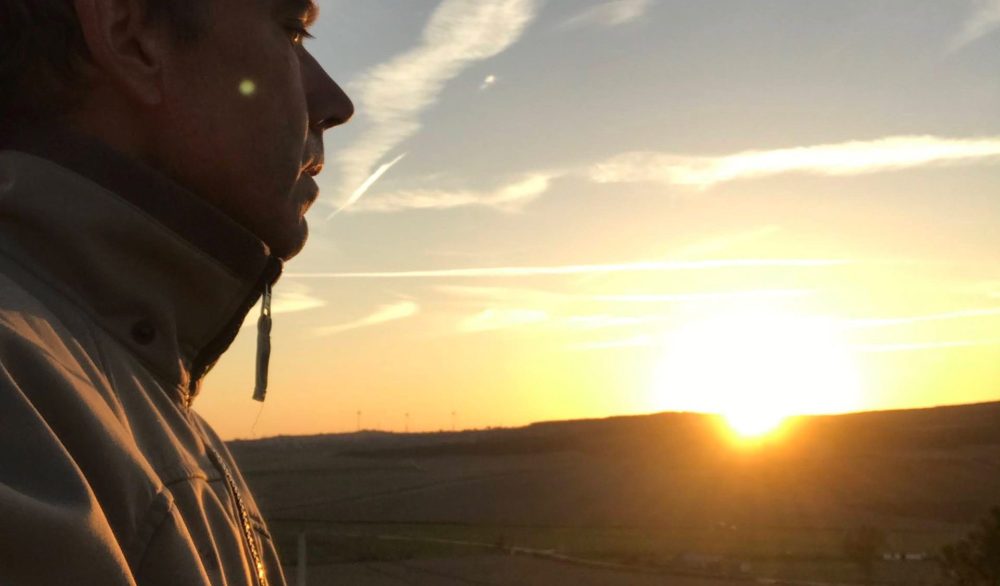
Even in urban settings, green spaces like community and rooftop gardens offer opportunities for ecological renewal. Utilizing these pockets of nature bridges the gap between modern living and the natural world, fostering a sense of inner peace and balance. This approach even influences how we choose media and interact with environmental issues—opting for platforms and communities that advocate for sustainability and holistic wellness.
Building community connections through eco-friendly practices can amplify the spirit of ecological spirituality. Attending local environmental fairs, volunteering in tree-planting events, and joining eco-spiritual groups not only benefit the environment but also create networks of like-minded individuals committed to both personal and collective well-being.
The Future of Ecological Spirituality and Its Impact
In the face of growing environmental challenges, the importance of ecological spirituality is increasing. The movement offers both personal and collective solutions to the crises threatening our way of life. Creating a future where environmental and spiritual well-being coexist is essential for our planet’s survival. Trends suggest that more people will look to ecological spirituality as a way to nurture personal growth and environmental resilience.
This merging of spirituality and ecology could transform how society views nature—not as a backdrop for human activity, but as a vital partner in our well-being. Educational institutions and wellness centers are beginning to weave environmental ethics and spiritual practices into their programs. There is also an exciting intersection between technology and nature, as innovations in eco-architecture, renewable energy, and biophilic design reshape urban landscapes in harmony with natural laws.
Widespread adoption of these principles may even drive policymakers and global organizations to implement more sustainable strategies. With growing awareness of the need for a balanced life, merging scientific research with ancient wisdom can guide humanity toward a future that respects all life. Resources like the Earth Day Network and UN Environment Programme offer valuable insights into how ecological spirituality can pave the way for a healthier, more balanced world.
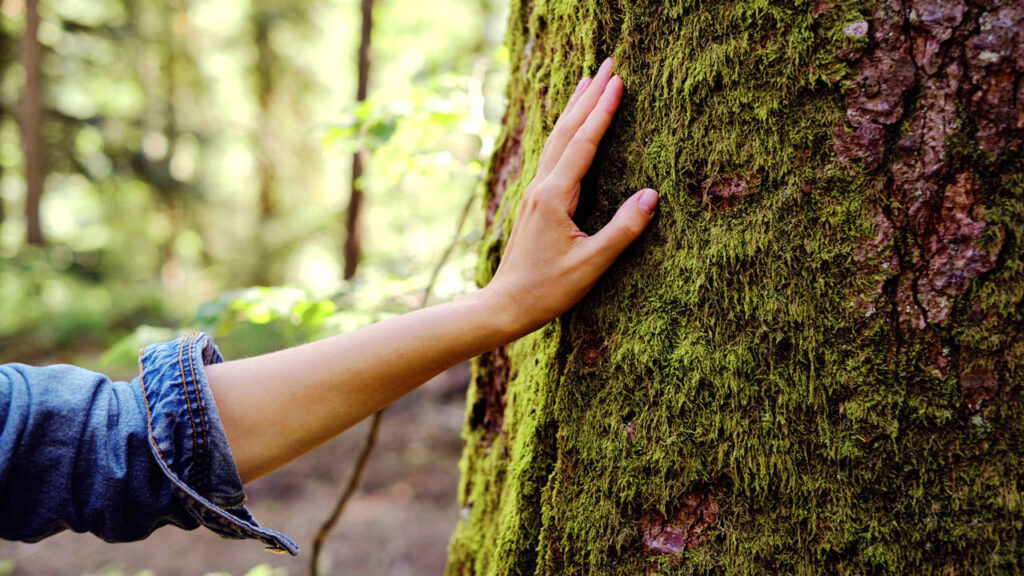
Ecological spirituality offers a transformative journey that reconnects us with the natural world, inspiring a life of purpose and balance. Embracing these practices not only nurtures our inner growth but also promotes a healthier environment by aligning our lives with nature’s timeless wisdom. As you continue on this path, remember that every step taken in harmony with the Earth reinforces the vital connection between humanity and nature. Our future depends on the realization that ecological spirituality is more than an alternative approach—it is essential for sustaining both our personal well-being and the health of our planet.
